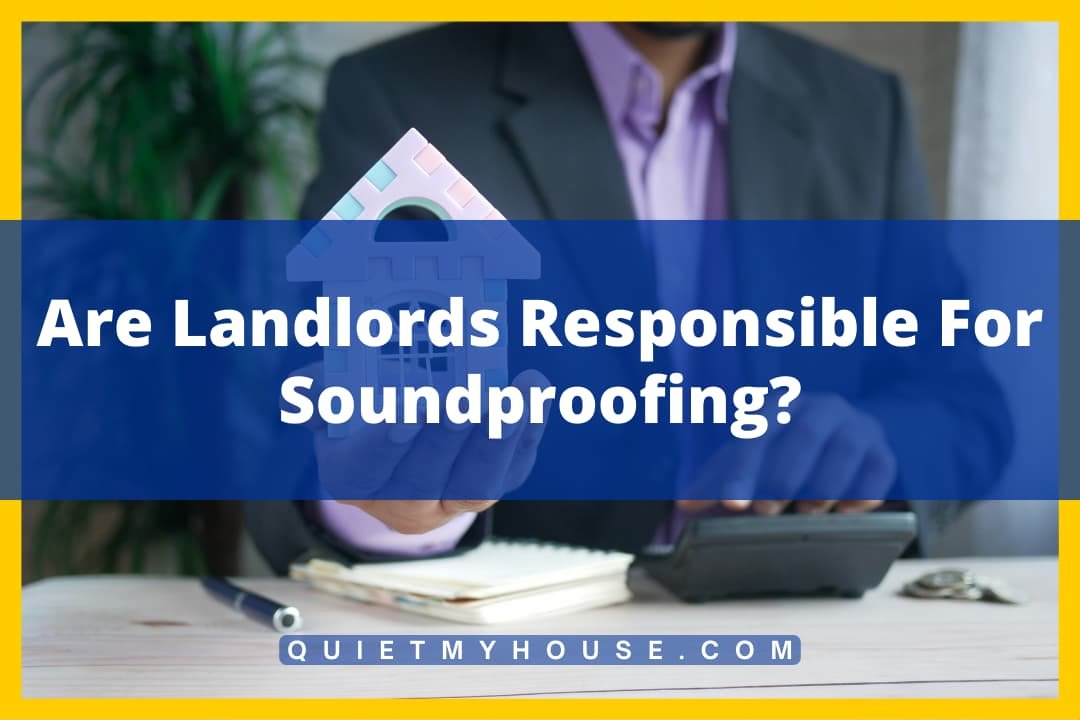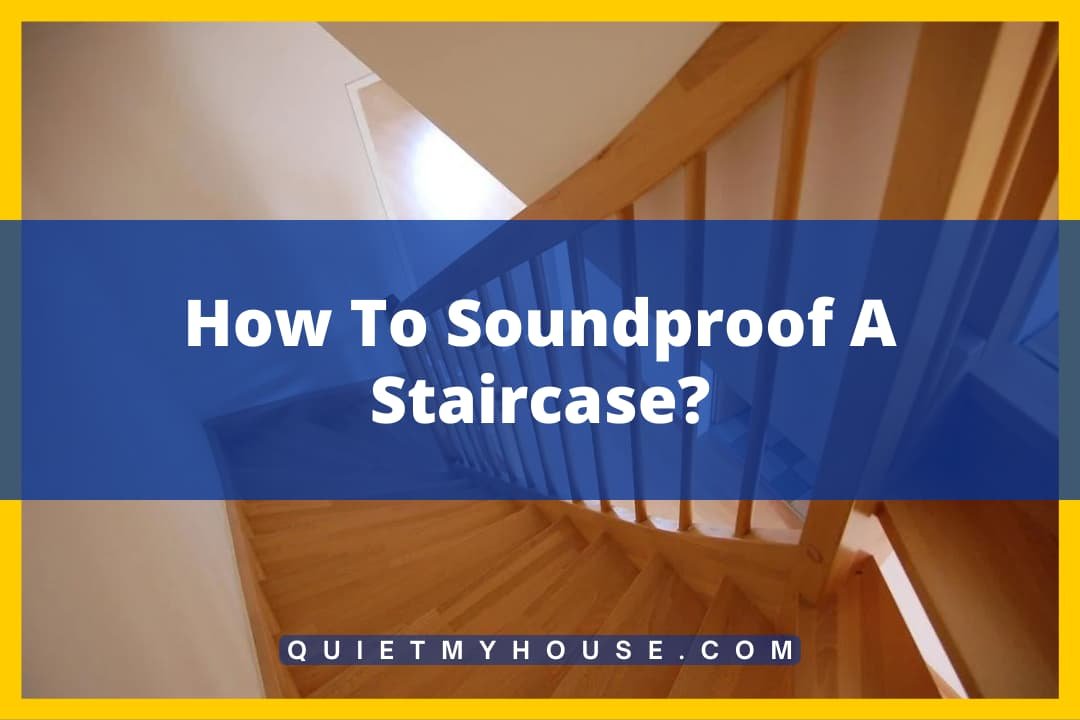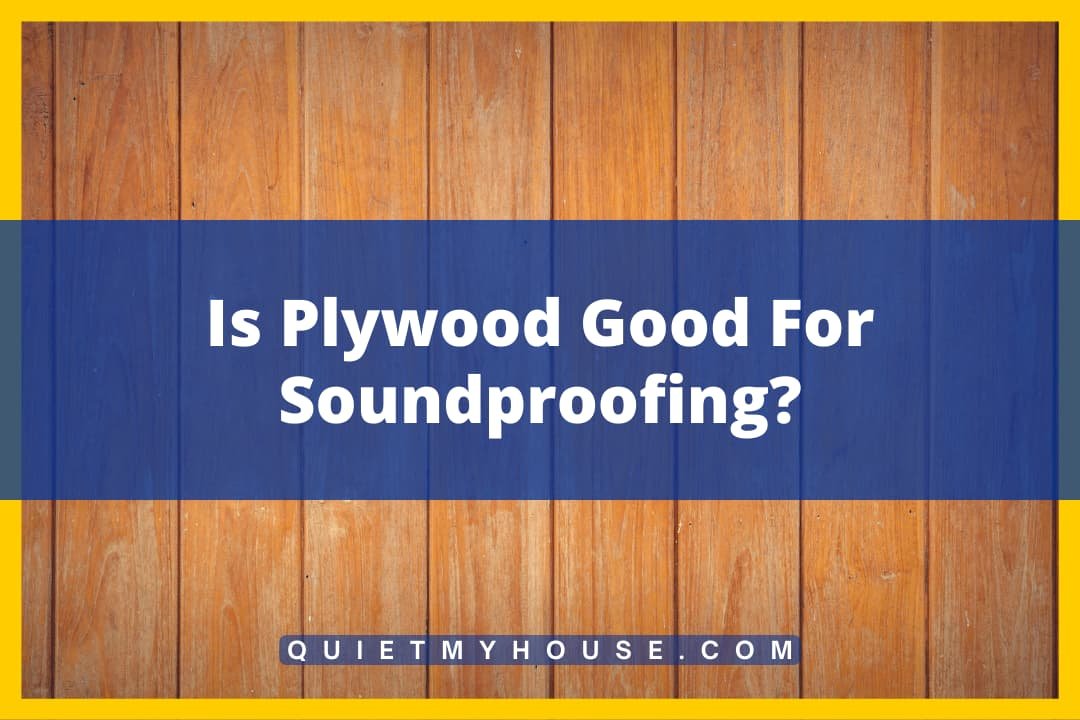One of the major reasons to opt for a water cooler for your PC instead of an air cooler is because water coolers are known to be much quieter. However, you may find that your water cooler is still making a significant amount of noise that may bother you or even be worrisome. How can you reap the full benefits of a water cooling system and quiet it down?
To reduce the noise of a PC water cooler, position the radiator higher than the pump. Doing so will prevent air bubbles, the most common cause of a noisy water cooler. Noise may also be coming from the pump or fan and can be reduced by decreasing pump/fan speed or removing obstructions.
There are a couple of causes of significant amounts of noise coming from a water cooler, and each has its own methods to be fixed. You will need to identify where the noises are coming from before you can figure out what the best way to eliminate or reduce them is.
Noises From Air Bubbles
One common cause of noises coming from water cooling systems is air bubbles. This can be the case in both all-in-one (AIO) and custom-loop water cooling systems.
Air bubbles can often get into the liquid of the system through the radiator. If these bubbles get into the liquid and are sent to the pump, they can cause bubbling and gurgling sounds or can cause the pump to buzz.
Air bubbles will get into your water cooling system; there is no getting around it. No water cooling system can be made up of 100% water.
However, there are ways to keep the number of air bubbles getting to a minimum. The first is to make sure that the pump and radiator are positioned in the right spot.
When installing your water cooling system, it is important that you put all of the components in the right spots in relation to each other. The top of the radiator should be positioned above the pump. The air bubbles usually enter the system at the point where the tubing meets the radiator.
If this spot is higher than the pump, the air will rise and escape from the system instead of flowing into the pump and making those obnoxious noises that you’re trying to avoid.
It is also better for the system if the air is allowed to escape instead of traveling through. Too much air going through the pump can damage it or wear it down, causing it to stop working properly.
Changing the position of the radiator in relation to the pump will help prevent future air bubbles from getting into the pump. However, you may still have some air bubbles trapped in the system that may take a while to work themselves out.
You can leave the air bubbles and let them escape on their own, but if you really want to get rid of them, you can try turning off the system and tipping the PC in different directions.
The air bubbles will try to get to the highest point, so by tipping the PC it makes different spots at the highest point which allows the air bubbles to find a place to escape.
If there are still a lot of air bubbles getting into the system, even when the radiator is positioned above the pump, you may have a faulty system. At that point, you will probably need to replace it.
Even if you can get used to the noises that excessive air bubbles make in the pump, it is not good for the pump, and it can make the system break or work less effectively.
Noises From Pumps and Fans

Just because your water cooling system doesn’t have air bubbles doesn’t mean that it is going to be completely silent. Noise from the water cooling system may also be coming from the pump or the fan.
Both the pump and the fan will make noise as they operate. This is normal and unavoidable. However, excessive noise may be something that you can reduce.
Noises from the pump generally either come from the aforementioned air bubbles or come from the regular operation. If the noises from the regular operation seem loud, this is usually because the pump is being operated at a high speed.
The higher the speed, the more noise the pump is going to make. Unfortunately, reducing the pump speed also means reducing the effectiveness of the cooling.
On the bright side, water cooling systems are usually pretty efficient at cooling PCs even when they are operating at lower speeds. Low and medium speeds can usually be high enough to keep your PC running smoothly, provided you aren’t overclocking.
If the regular operations of the pump are too loud and annoying for you, you may be able to decrease the speed, and therefore the sound, without making your system overheating.
When it comes to fans, just like with pumps, operating at higher speeds means more effectiveness as well as more noise. Again, you can reduce the speed of the fan to decrease the amount of noise that it makes.
However, this will have a negative impact on the effectiveness of the system. Make sure to find a balance between a tolerable amount of noise and an effective speed.
A fan that is buzzing loudly or inconsistently may not just be making the noises of regular operation. Strange or choppy noises may be caused by obstructions to the fan.
Fans tend to collect a lot of dust over time that may get in the way of the operation of the fan and cause it to make some loud and obnoxious noises.
If the problem is simply dust, you can usually get rid of the dust and the fan will return to normal. Older fans tend to emit a humming noise. Older fans are not only noisier, but they may be less effective. If your fan is starting to hum or make other noises, you will probably need to replace it.




